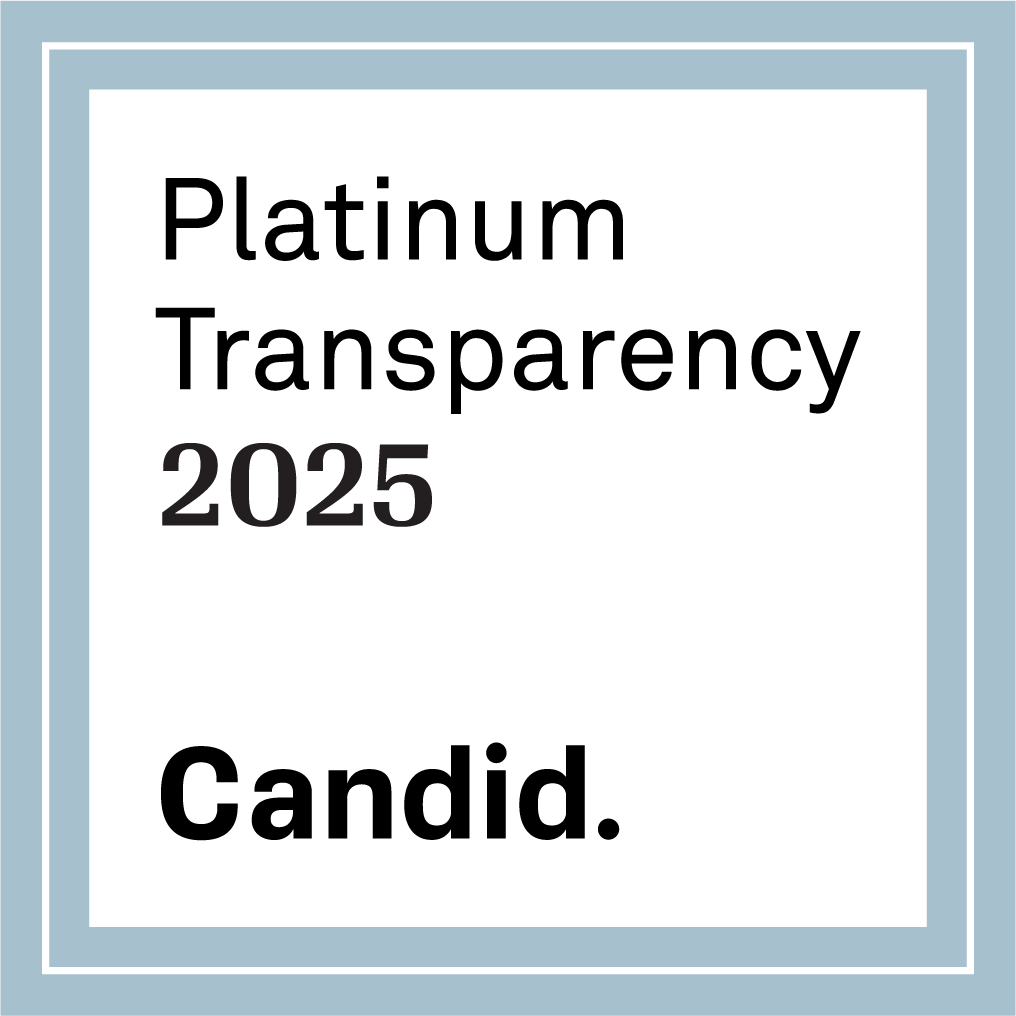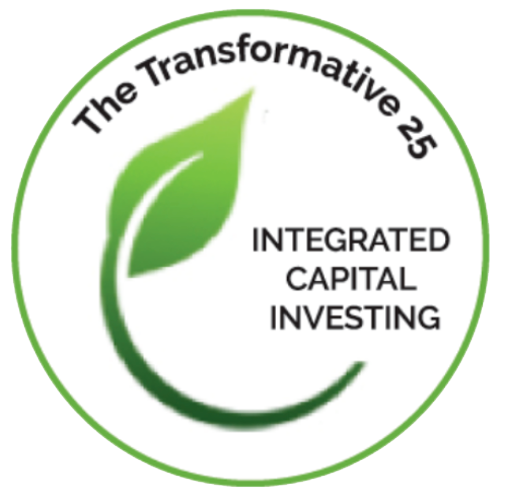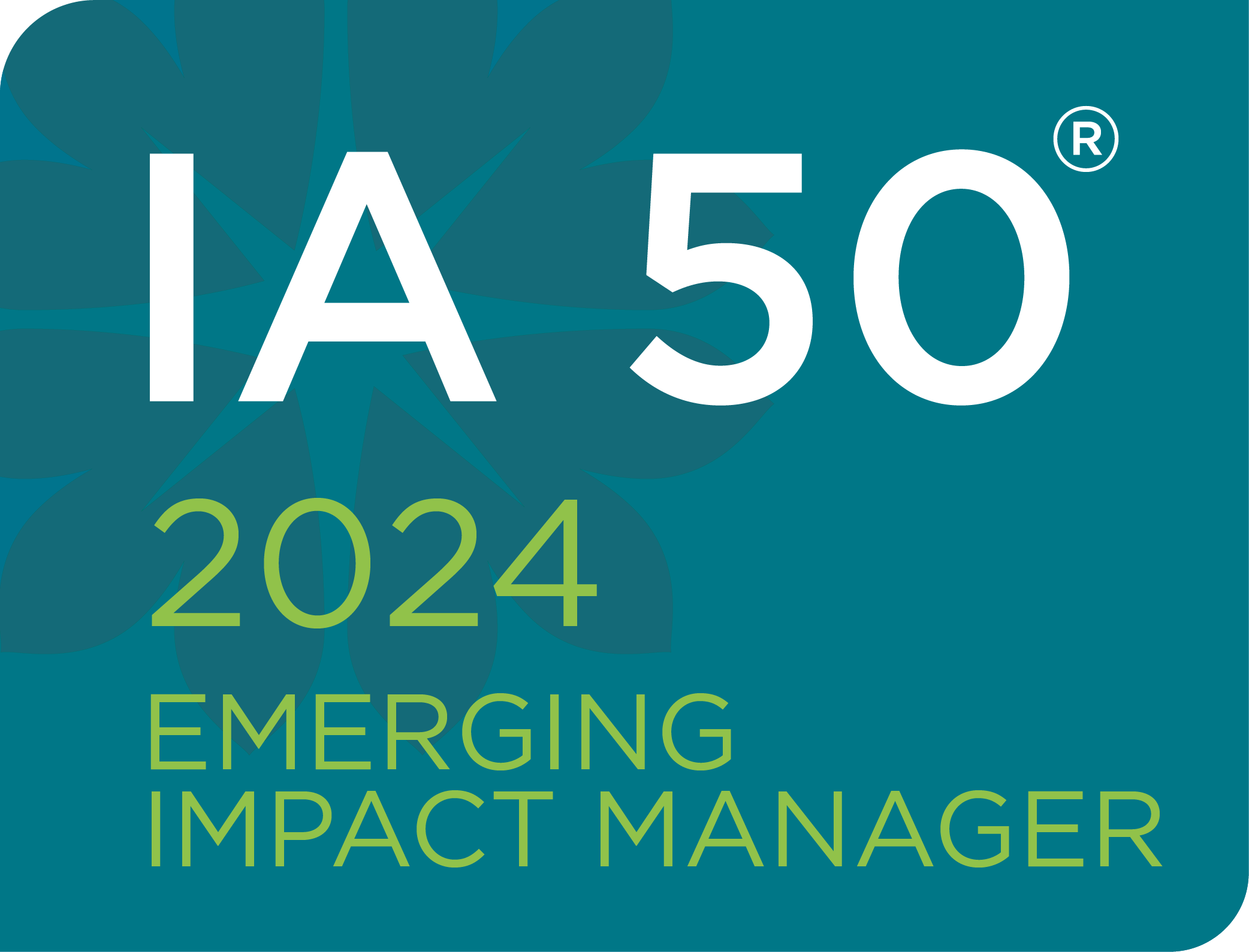BII invests in Eco Auto, a Mass. business expanding access to EVs
The investment will enable the Tewksbury-based dealership to increase its inventory of used electric and hybrid vehicles, which provide affordable, climate-smart options for low- and middle-income buyers.

The Boston Impact Initiative (BII), a nonprofit impact investment fund focused on racial and economic justice, has invested in Eco Auto, a car dealership in Tewksbury, Mass., that specializes in used electric vehicles, plug-in hybrids, and other sustainable auto technologies.
Established in 2022 by Al and Michelle Salas, Eco Auto fills a key gap in the EV and PHEV market: options for consumers who want a climate-friendlier car, but don’t think they can afford one.
A 2022 national survey found Black, Latinx and Asian Americans were likelier to express interest in EVs than white respondents, but as of 2021, 87% of EV owners in the U.S. were white, and majorities were male, over 55 years old, and with incomes above $100,000 per year.
Two things have changed since then, however: used EVs are increasingly available, at discounted prices, and there are major federal and state subsidies. The Salases, who have both worked in the retail auto sector for over 15 years and also own a reinsurance and finance company, saw an opportunity.
They revamped a former Nissan dealership in Tewksbury and started doing outreach in local communities. In their first year, they sold over 300 used EVs and PHEVs. They offer extensive support to buyers, answering any technical questions, ensuring they receive every rebate for which they are eligible and helping them install a charger at home if needed. They also offer expert maintenance and repairs.
“Our mission is to lower the barriers of entry to low-carbon transportation,” says Al Salas, who was born in the Dominican Republic and came to the U.S. about 20 years ago. “We’re making sustainability more affordable and more accessible to people from different demographics, income bases and credit.”
For BII, investing in Eco Auto is a chance to advance two priorities under its Fund II – addressing an unmet need in communities of color, and building climate resilience – while supporting the growth of a Latinx-, immigrant-, and woman-owned business with strong local ties.
“If we want a just climate transition, we must ensure that people of all socio-economic backgrounds, across racial and ethnic groups, have equitable access to climate technologies,” says Betty Francisco, CEO of BII. “Eco Auto’s business model systematically addresses the barriers to EV ownership in communities of color. We are proud to invest in them and look forward to seeing them grow.”
A trusted partner in EV/PHEV adoption

From the start, Eco Auto has prioritized consumer education, setting up stands at farmers’ markets and other local events to reach people who might not otherwise visit the dealership. Many Americans still know very little about EVs and hybrids or the incentives to buy them, and the gap is greater in communities of color. Research has also shown that along with price, concerns about maintenance and especially about charging are bigger obstacles for people of color, who are likelier to be renters and to live in areas where there has been little investment to date in public charging stations.
At any given time, Eco Auto’s inventory includes several cars priced under $25,000, but also models that, new, would be beyond middle-class buyers’ reach, but are $30,000–40,000 used. And, with rebates, eligible buyers can save up to $10,000, Salas explains: $4,000 from the federal rebate, $3,500–$5,000 from the state MOR-EV program, plus another $1,000 if they trade in a car that is at least 12 years old. All except the trade-in bonus are applicable at the point of sale, reducing the overall price.
“You can get that off the price at our dealership right now,” Salas says. “That can easily mean a $300 difference in your monthly car loan payment. Year to date, we’ve gotten $150,000 in rebates for our customers. Often being sustainable means paying a higher price, but our model flips that on its head.”
Driving change together

After connecting with BII at a Latin American Business Organization (LABO) event, Salas worked with Surfside Capital Advisors, which supports growing businesses, to prepare for investment by BII and others. A seven-year convertible note from BII will enable Eco Auto to expand its inventory. The stock moves fast, Salas says, and “with more capital, we could sell three times as much.”
Getting capital from BII in particular, gives Eco Auto “a great partner for driving change,” he adds. “We saw a lot of alignment with BII in terms of being able to make an impact in the communities we serve.”
Along with selling cars, Eco Auto connects customers with trusted electricians if they want to install chargers, alerts them to other incentives and options such as adding solar or battery packs, and employs a team of auto mechanics specialized in EVs and hybrids. “We offer a one-stop shop,” Salas says.
A top priority for the Salases is to build local partnerships to add chargers in underserved areas and get the state to invest in charging stations in public housing complexes, among other sites. Less than 3% of the public charging stations in Boston, for example, are level 3 fast chargers, which are sorely needed to boost EV adoption.
“I see that as part of our mission,” Salas says. “If we want to close the EV ownership gap, we need to add more charging infrastructure.”




